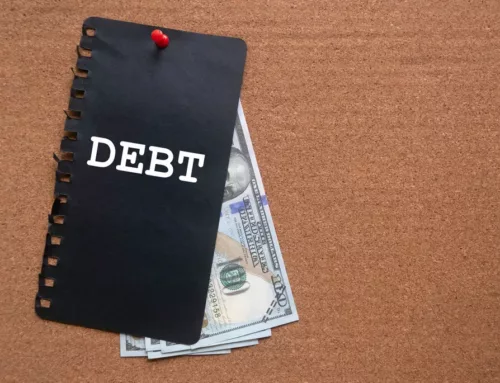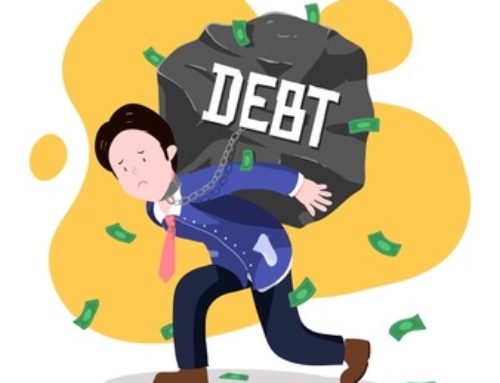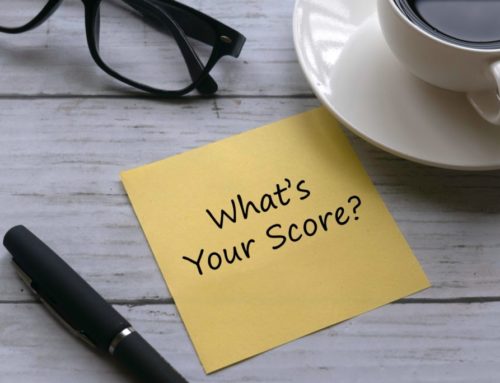A lot of people who are struggling financially proceed with filing bankruptcy cases. While they would have their reasons and objectives, it would not be surprising if one of their goals is to have their debts wiped out. After all, if what you owe from a creditor has been eliminated, you can have a greater chance of getting a fresh start financially.
The different types of bankruptcy can help you while dealing with debt and other financial problems. This could be through either a liquidation of assets under Chapter 7 or restructuring of debts under Chapter 13. In the latter, a debt repayment plan approved by the bankruptcy court will enable you to repay debts on time. To know which filing chapter is most suited for you given your circumstances, seek legal help from credible Jackson bankruptcy attorneys.
While filing bankruptcy can indeed enable you to have several types of debt discharged, note that a student loan debt will only be covered if it meets very specific guidelines. This will be the focus of this article, which is divided into four parts:
- The Basics of Declaring Bankruptcy
- Student Loans and Undue Hardship
- The Brunner Test
- The Totality of the Circumstances Test
The Basics of Declaring Bankruptcy
In a bankruptcy filing, the trustee will check if the filer is indeed making payments for certain types of debts. To keep property that serves as collateral, one must be able to pay back secured debts from creditors. Additionally, part of the duties of your bankruptcy trustee is to ensure that you pay all your priority debts, which would often include child support, alimony, criminal fines or penalties, or certain tax debt.
According to bankruptcy laws, most of your other unsecured debt would likely be discharged after bankruptcy. Unsecured debts would usually pertain to your credit card debt, medical debt, or personal loan debt. In general, however, a bankruptcy case would not automatically exempt a bankrupt individual from being asked to pay off his or her student loan debt, even if it is ‘unsecured’.
Student Loans and Undue Hardship
Even if student loans are considered non-priority debts, they generally cannot be wiped out by filing for bankruptcy. However, if you filed for bankruptcy with the help of the right bankruptcy lawyer, there is a possibility that your student loan will also be considered as a discharged debt. Discharging a student loan debt through Bankruptcy Chapter 7 is possible if ‘undue hardship’ can be proven.
The place where you filed for bankruptcy can be a major factor. Since the specifics of bankruptcy rules could vary from court to court, the criteria to determine undue hardship tend to vary as well. Most bankruptcy filings, however, would likely involve two tests: the Brunner Test and the Totality of the Circumstances Test. The brief overview below can be explained in more detail by trusted Jackson bankruptcy lawyers.
The Brunner Test
Under the Brunner Test, student loan debts may be included in a bankruptcy petition if three things can be proven. These are poverty, persistence, and good faith.
Poverty refers to how student loan debt repayment will affect your ability to maintain a minimal standard of living, as determined by both your monthly income and living expenses. Persistence, meanwhile, refers to how your financial situation will likely not significantly improve in the foreseeable future, which means that you will still not be able to repay your student loan. Lastly, good faith refers to how you have exerted significant effort to proceed with repayment of your student loan, but have not succeeded. The last one can be shown through several attempts to pay lenders with what you owe but consistently failing due to several reasons, such as low income.
The Totality of the Circumstances Test
The Totality of the Circumstances Test, on the other hand, involves bringing to court every single piece of paperwork that could be relevant or helpful to your petition for bankruptcy. The court will review the supporting documents that you will submit and decide if, under bankruptcy laws, undue hardship exists.
Successful bankruptcy proceedings can help you reach your goals. While it is not easy to have your student loan covered by your filing, it is not entirely impossible. For questions on how student loans can be part of the bankruptcy process or if you wish to learn how to file for bankruptcy, contact us. Our bankruptcy law firm in Jackson will help you understand the twists and turns of this legal process. Call us at Rollins Law Firm and consult with a reliable Jackson bankruptcy attorney.









Connect with Us